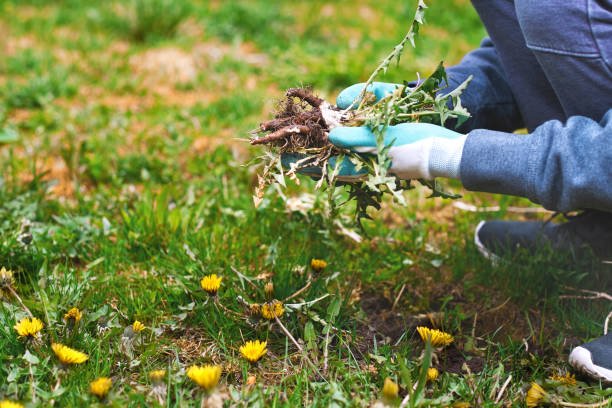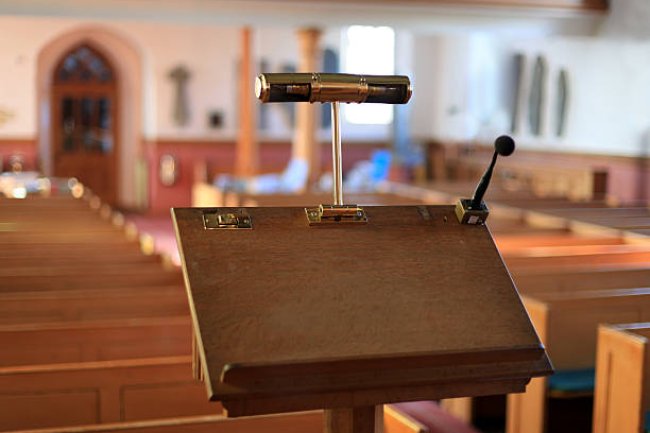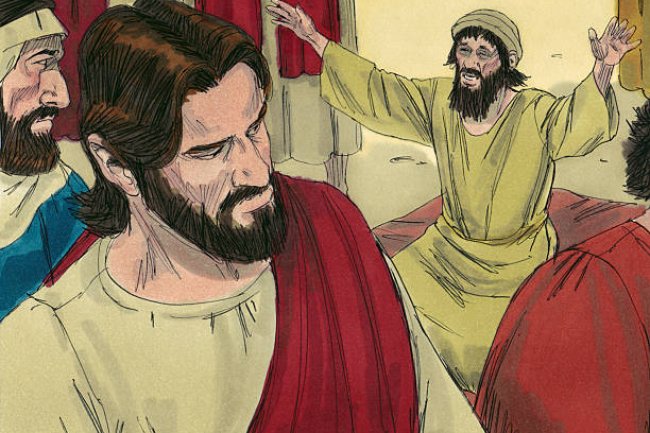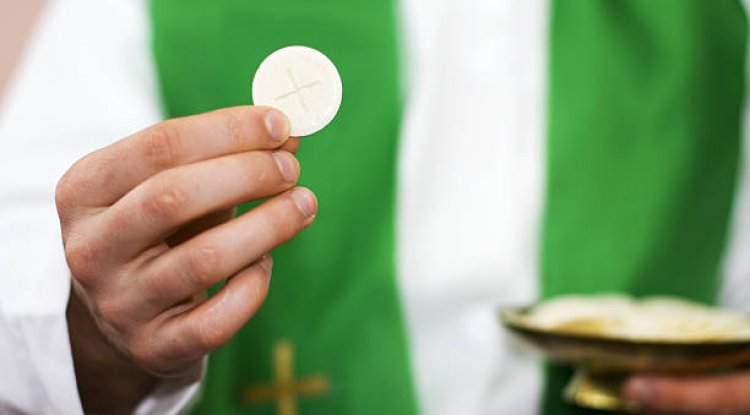CO-HABITATION OF THE RIGHTEOUS AND SINNERS
HOMILY FOR SIXTEENTH SUNDAY IN ORDINARY TIME, YEAR A. Readings: Wisdom 12:13.16-19; Psalm 85; Romans 8:26-27 and Matthew 13:24-43.

The readings of today takes me down memory lane of my first year(s) in seminary. We were to weed the farmland during our manual labour hours and some of us were unable to differentiate the crops (wheat) from the weeds. You can imagine the outcome of that day’s labour. In such a situation, weeding becomes a great threat to the life of the young seedling. It is in view of this that the Church draws our attention to the Lord, the Just Judge who allows the wheat and weeds grow together, and through his mercy calls us to his kingdom.
In the first reading, the Book of Wisdom presents to us themes of divine wisdom, justice and God’s mercy. It offers reflection on the relationship between God and humanity; God who cares for all, exercising justice and demonstrating his might. It says, “There is no God besides you, whose care is for all men, to whom you should prove that you have not judged unjustly; for your strength is the source of righteousness” (Wis 12:13). This is the nature of God, in his mercy, he pardons us and gives us new opportunities. Hence, Wisdom tells us, “…and you have filled your sons with good hope, because you give repentance for sins” (v.19). The message is clear, God in his justice shows us mercy and we must do the same to others. Just as the Lord is kind in his judgment to us, he has taught us that the righteous man must be kind to his fellow man. Practically, wisdom calls us to emulate the sense of God’s judgment as seen in the gospel.
Christ in the Gospel narrates three parables to express God’s judgment and the nature of the kingdom of God. He narrates the parable of the wheat and weeds, the parable of the mustard seed and the parable of the leaven (yeast). The parable of the wheat and weeds deals with the problem of bad among the good in the world (v.38). Put differently, it deals with coexistence of Good and Evil: it tells us that the kingdom must contend with evil all around it, and that God permits evil and good to co-exist until the end. The parable brings to mind a Spiritual Warfare as it depicts the ongoing battle between Good and Evil, illustrating the strategies of the enemy to sow deception and hinder the growth of God’s kingdom. From this parable, Christ wants us to understand that we can be among sinners without conforming to the world, and the righteous must continue in this battle.
Allowing the dangerous weeds to co-habit or co-exist with the wheat expresses God’s patience and mercy for sinners to repent, which is the hope wisdom refers to because “God gives repentance for sins” and prepares all for a great harvest which is judgment, where both will be separated. This parable expresses how God, the just and merciful judge acts kindly with all his creatures. This can be helpful in every relationship. A husband will do well to be patient with his imperfect wife and a wife with her imperfect husband. Parents to be patient with their children and vice-versa. The same with supervisors, employers and bosses. However, it does not suggest that one should not discipline those under their care. We are not called to tolerate the intolerable. There are times when it is necessary to terminate a relationship decisively, particularly an abusive or violent relationship, but must face the human condition realistically. We are sinners living among sinners. If we demand too much, condemn too quickly, or breakoff relationship too easily, we doom ourselves to a lifetime of revolving-door relationships or perpetual loneliness. We who hope to receive grace must also be willing to extend it. We ought to be patient with others, for when we use violence to spread the gospel, we do violence to the gospel.
The parable of the mustard seed and the parable of the leaven (yeast) are sandwiched in between the parable of the wheat and its interpretation as both parables illustrate the small or humble beginning and transformative power of God’s kingdom. In the parable of the mustard seed, “It is the smallest of all seeds, but when it has grown, it is the greatest of shrubs and becomes a tree” (Mt 13:31-32). For us Christians, our lives are like the mustard seeds planted in the world, so we should not think that it is useless to work for a better world as some may have in mind, even when it seems incapable of catching with the slow growing of God’s kingdom.
In the parable of the leaven (yeast), which a woman mixes a little yeast into a large mass of flour, without anyone knowing how, the leaven goes about working silently until the whole mass is fermented. That is how it is for us as Christians, when we sow God’s word, the Holy Spirit goes about quietly to do the transformation in the hearts of man. God does not act by imposing enormous pressure on us; rather, by attracting our consciences to a more worthy life, one that is more just and fraternal. The parables challenge us to reflect on our hearts, choices, and potentials hidden within seemingly small aspects of our existence. Small acts of faith, love and kindness can have a significant impact when nurtured. They invite us to acknowledge our imperfections, nurture the good within us and strife for spiritual growth.
St. Paul highlights one very important ministry of the Holy Spirit in the second reading that helps us in all our weaknesses. Surely, we are weak in many ways, especially, in prayers. We are encouraged to stay awake in prayers so that the enemies will not come while we are asleep to sow weeds on our soil.
Finally, a friend shared a story with me of two friends smoking weed. Being influenced by the power of the weed, one said to the other, “I remember when I was younger, I fell from a story building.” The other friend asked him, “Did you die?” In response, he said, “My guy, I can’t remember whether I died or not because it’s been a long time.” Dear friends in Christ and in a special way our youth, let us not be influenced by the power of weed or its smokes, but of the Holy Spirit, which assist us in our weaknesses. Even in the midst of peer pressure and challenges of weeds around us, may we always remain outstanding, knowing that our small efforts can yield remarkable result through Christ our Lord. Amen!
Happy Sunday!
Fr. Ken Dogbo, OSJ
What's Your Reaction?



















